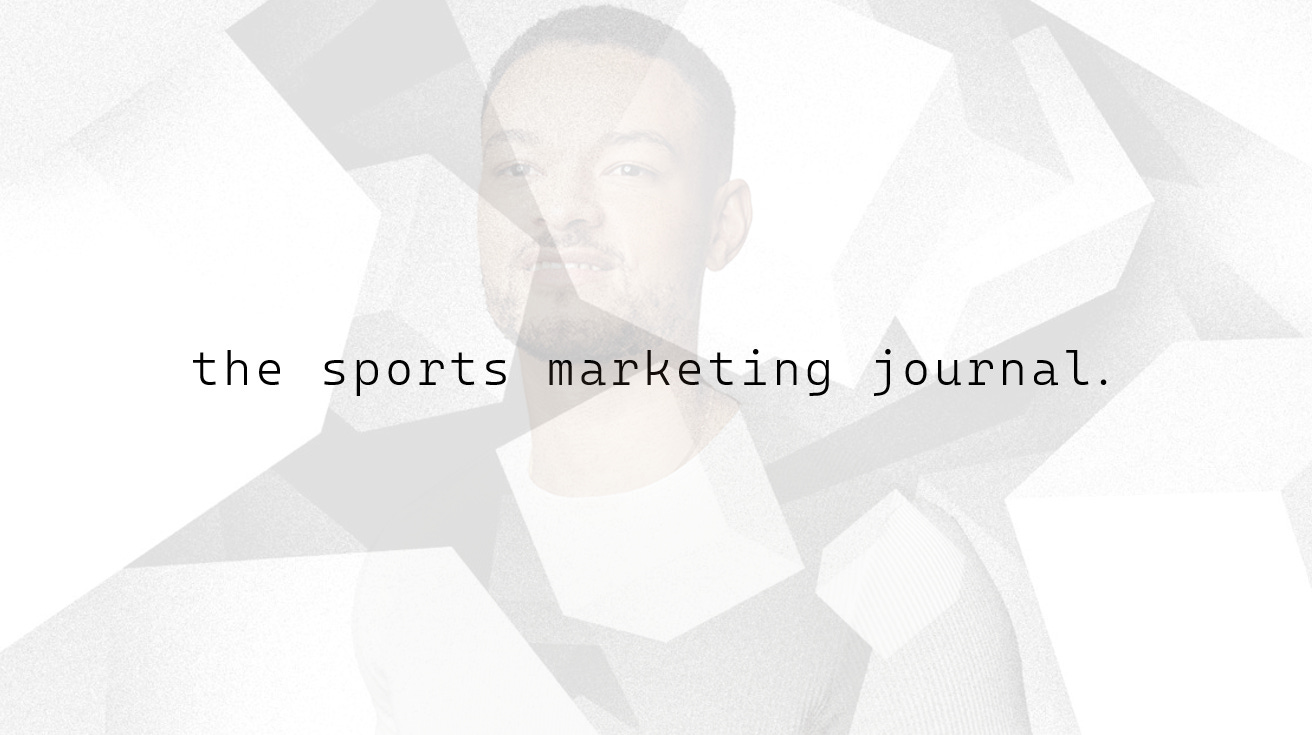Steven Bartlett's Shock-Value Disinformation: Lessons for Sports Marketing
opinion | the sports marketing journal
Steven Bartlett’s recent scandal regarding his promotion of dubious health claims via the fast-growing podcast 'The Diary of a CEO' is much overdue.
The BBC looked at the 23 health-related episodes released between April and November this year, fact checking - with four medical experts - 15 which contained potentially harmful claims.
In that eight-month window, most guests billed as health experts were spreading misleading claims.
These included:
Anti-vaccine conspiracies, stating that Covid was an engineered weapon
Poly-cystic ovarian syndrome, autism and other disorders can be "reversed" with diet
Evidence-based medication is "toxic" for patients, downplaying the success of proven treatments
The broader issue of prioritising virality over veracity reveals much about the dangers facing content creators, including those in sports marketing and journalism.
The BBC’s investigation into Bartlett’s health-related episodes uncovered troubling patterns: misleading claims about chronic illnesses and vaccines, packaged with flashy presentation and authoritative tone.
The sports media industry, once heralded for its dedication to in-depth reporting and nuanced analysis, has increasingly adopted the shock-value tactics that dominate the digital landscape.
Deportiva Riestra, an Argentinian professional football club, went as far to name and start 24-year-old influencer ‘Spreen’ as a shock marketing tactic earlier this year. He was only on the pitch for 78 seconds and didn’t get a kick.
In these cases, disinformation means attention. But, at what cost? Trust and credibility.
Only this week news went viral as OnlyFans creator Lily Phillips wept on camera, a response to completing the desolate internet ‘challenge’ that saw her rise to fame.
These are examples of selling the soul for short-term clicks at the expense of integrity.
And the trend is exacerbated by a dystopian algorithmic reward system, laid bare as ‘The Diary of a CEO’ hit 1 billion total streams on YouTube last month.
With a relentless 24/7 news cycle, media outlets feel pressured to publish first and fact-check later. But as Bartlett’s saga shows, audiences aren’t as passive as they used to be. The backlash he faces indicates a shift: consumers are demanding accountability.
Long-form sports analysis platforms like The Athletic and Tifo Football are a testament to the value of depth. These outlets bypass the clickbait model, opting instead for thoughtful storytelling, backed by data and expert insight.
They won’t get the same airtime, but the lesson is critical: success lies not in chasing trends but in building lasting relationships with audiences.






